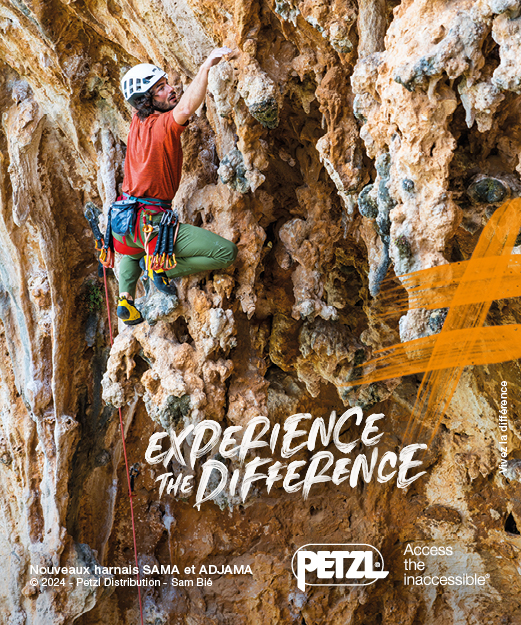Climbing & body image: is there an ideal body type for climbing?

If you look around the climbing gym or the crag, of course you’ll see some degree of variety in body type. But by and large we can probably agree that what we are going to see are people who have less body fat and more muscle than the general population. So how does this affect a person when they spend a lot of time with this cohort? “Is there a right body type for climbing?”
As human beings, most of us compare ourselves to one another in some area of our lives, and it appears that with climbing it’s no different. Many climbers may have the sentiment that they didn’t have the “right” type of body for climbing, many expressing a wish to be thinner, taller, or more muscular. They look at the bodies of the pros they admire, or the other climbers at their gym and think “Is that what I have to look like to be a strong climber?”

To begin unpacking this idea of the “right” body type, let’s first define what that means. One female respondent sums it up quite well in a survey published on this website. “I feel very pressured to be thinner for climbing. I’m very strong. But I will likely never be thin. And I think that it holds me back…I don’t have that classic thin, long-limbed climber body…”
The “right” body type
So for women maybe we picture someone who is muscular, but not bulky, and with little body fat. For men we picture something similar – broad shoulders, smaller hips and legs, muscular but not bulky, with little body fat. And where do we get this idea? Well, partly it could be just sheer physics.

Muscle helps you to get up the wall. Fat is excess weight. And the lower the weight the easier it is to pull oneself up, right? Sure. But that body type is not as easy to achieve or maintain for every person. Some of us put on muscle really quickly. Others struggle to keep weight on. And some of us store fat like it’s our jobs.
Take three people and have them eat and exercise exactly the same and their bodies are all going to do different things. So given that, how does the concept of the ideal body type affect those of us who have a harder time achieving or maintaining it?








